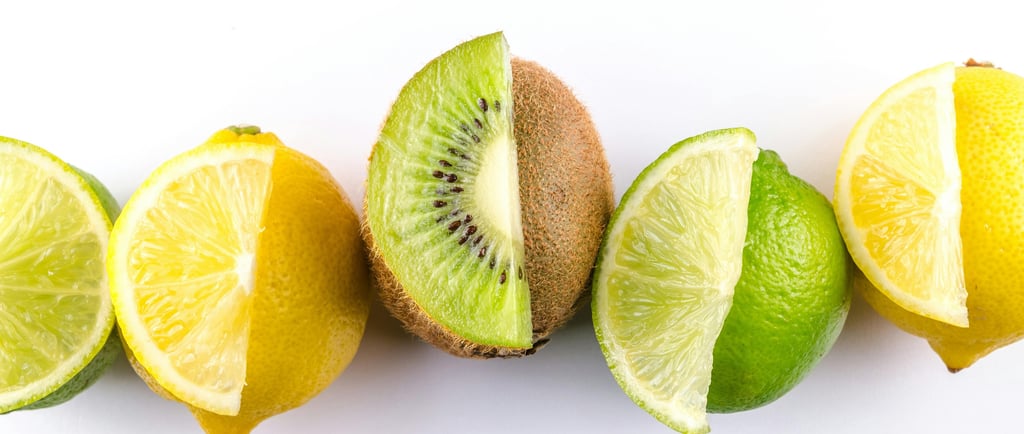The Highest Potassium Foods that may Surprise you
KIDNEY DISEASE
Beverly Carey
10/16/20251 min read


One day I was working in clinic and there was a patient with high potassium. No other dietitian could find the source. Plot twist, it wasn't bananas, it was seafood, specifically salmon.
Dietitians aren't routinely trained on seafood and potassium. Why? Outdated practice philosophies perhaps, or possibly because of increased protein needs during dialysis. When I provided a presentation on plant-based nutrition for people with kidney disease, many were surprised about seafood, especially since the focus is usually on fruits and vegetables.
Salmon is both potassium and phosphorus. Salmon is also a source of omega-3. Many dietitians may be hesistant to recommended a restriction of salmon due to its benefits. The pros and cons definitely need to be weighed when choosing these foods.
Also, processed meat can be a huge contribute to high blood potassium. Animal muscle contains potassium as potassium is essential for movement. Potassium can also be added in large quantities as preservatives, texturizers, and to balance acidity.
Here are some other wildly high fish and meats:
Halibut
Mussels
Clams
Squid (calamari)
Octopus
Bacon (especially low sodium versions)
Any dried seafood or meats
Pollock
Anchovies
Deli meats including pork, chicken and turkey
Mackerel
King fish
Haddock
Beans and lentil cooked from the dried form (the canned ones contain half the potassium content though!)
Deli meats that claim natural or organic (at least in Canada) tend to have lower potassium. However their phosphorus and sodium (salt) content is very high. If you are really struggling with juggling many restrictions, there may be a way to fit some natural deli meats into your diet.
Another noteworthy point: potassium can taste salty in certain forms. Food companies, in an effort to lower the sodium content in foods, add potassium for flavour instead. Many think that buying low-sodium soup broths are a good idea. However, if you have issues with potassium, this may do more harm than good.
I'm sum, a low potassium diet may not be so straightforward. I believe that to make the best choices, it may be best to know the nuances.
Nutrition
Empowering you with straight-forward nutrition guidance.
Support
Health
help@therealdietitian.net
© 2025. All rights reserved.
AI may be used in some writing for sentence structure and paragraph organization. However, all ideas are based on my own clinical judgement and evidence-bases such as scientific studies and professional guidelines.